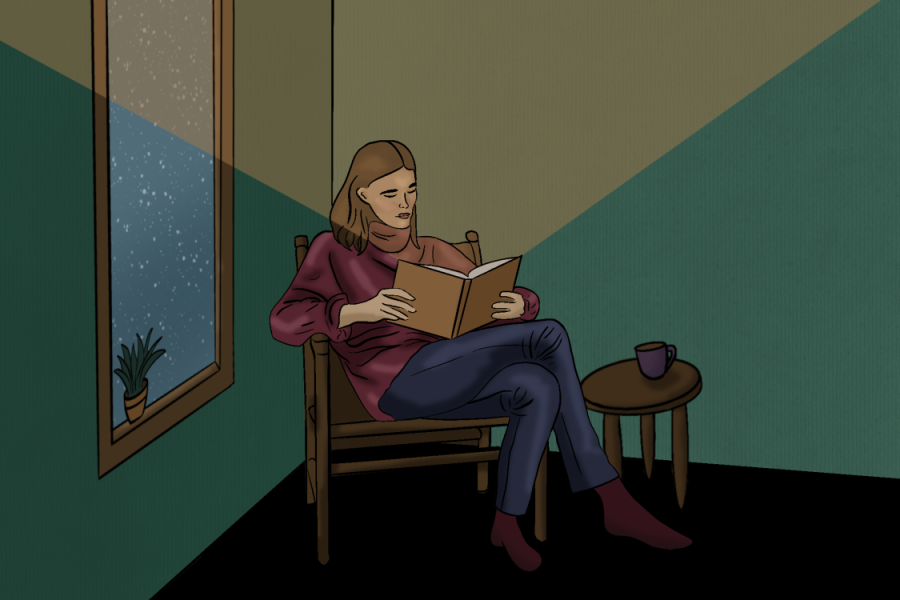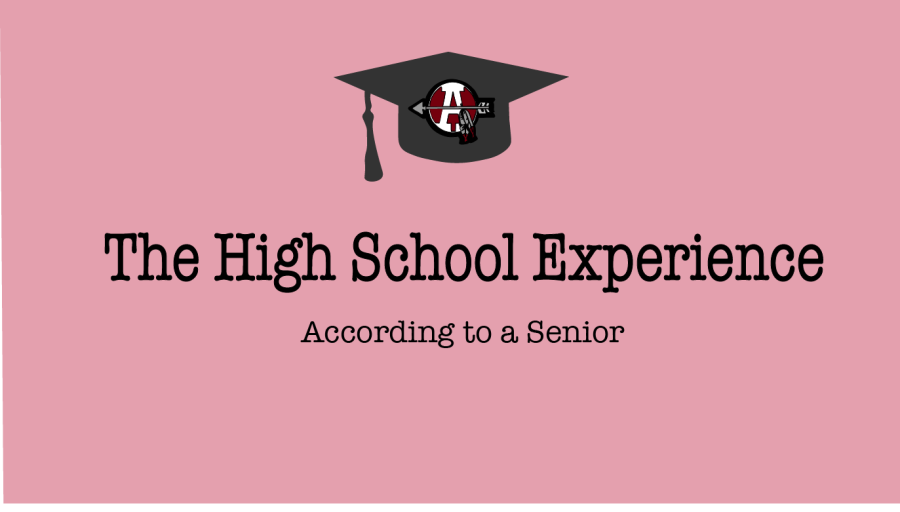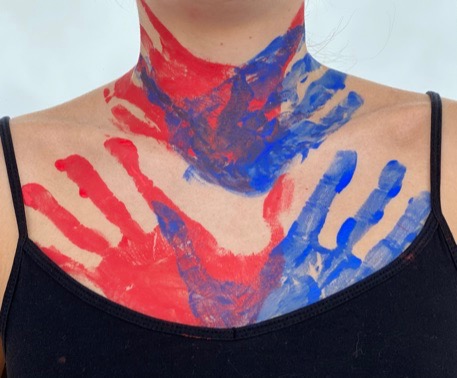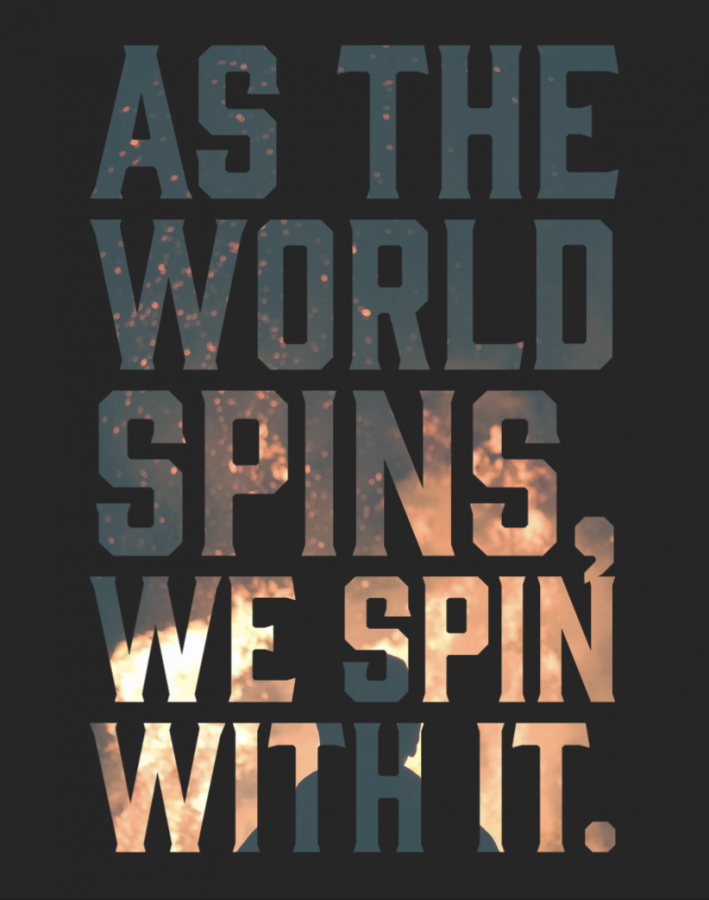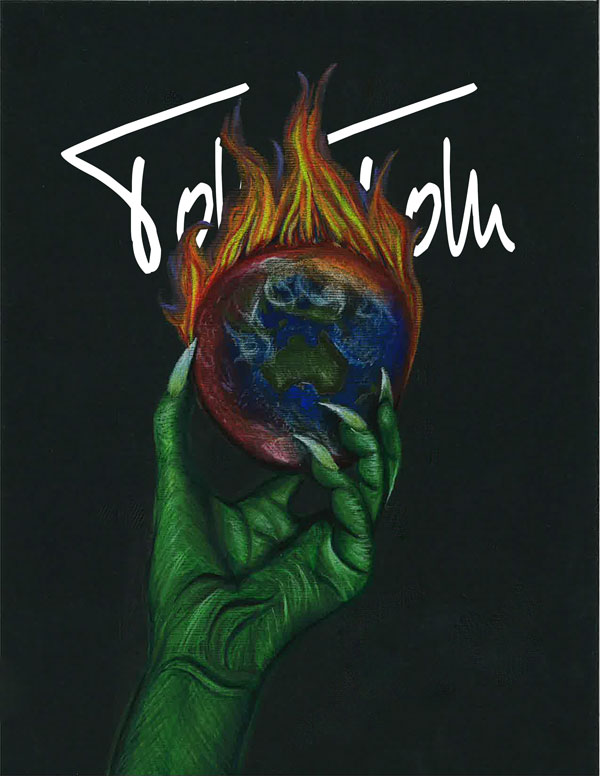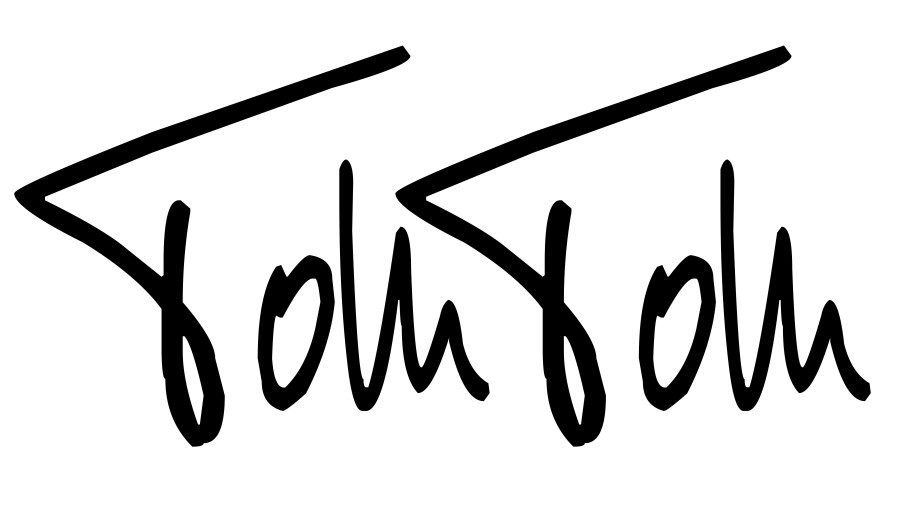To write and read are simple actions that our staff thrives upon daily. Throughout the entirety of seventh period, the only noises heard in the room are the brainstorm of ideas flowing endlessly or the click-clacking of the keyboards. As a journalism program, our numbers are continuously dwindling, but that does not mean that we stop reporting on the importance of now. Some of you reading this article may not have known who we were beforehand, or you may not recognize the names interviewed, but that is what we are here for: to give voices to the voiceless.
The voiceless are unfortunately plentiful; however, telling the full story is what we do. Following the trail to piece together the next big story is exhilarating, and adding onto the legacy of written communication and press evokes that same feeling. Sharing other voices with our personal style unifies the process, subsequently giving back to the community. It becomes our story.
Our story is flexible: the parameters between which we form the story can become narrow and hyper-detailed. These limiting factors can be chalked up to an occupational hazard, a burden we choose to accept in pursuit of the truth and its publication. We spread the message, whether it be trendy, newsworthy or simply about how human beings interact. It is our story. The conflicts resulting from this shared experience can sprout weeds of criticism, hate and dishonesty, straining the relationship between the reporter and the public.
While we are told to deliver the truth, not all those who hear it wish it true; as the truth starts to prevail, controversy does not follow far behind. Whispers emerge while holding our latest issues. Eyes dart around each room with a number of emotions. Looks of confusion, despair and at times anger are plastered onto the faces of those who read what we have delivered onto the pages of the Tom Tom. Their eyes say, “Who would write something like this?”, their mouths form the words, “Is this even true? What do they know?” We know the truth. We know that our job as journalists is to share the truth even if it is not something that your ears want to hear or your eyes wish to read. The five codes of ethics according to the SPJ are as follows: integrity, objectivity, professional competence, confidentiality and professionalism. That is undoubtedly what we are going to deliver and what we are going to continue to be.
Deliverance of the truth is beneficial no matter the consequences. We are here to spread accurate information, whether that be real-world news or current events here in our beloved school. We are here to stay, and our stories revolve around you. You, reading this article right now: your story can be told next, and we are here for it. However, that does not mean that we are the villains in this scenario for stating the truth, nor are we heroes; we are journalists, born to write ours and your stories until the end of time.




